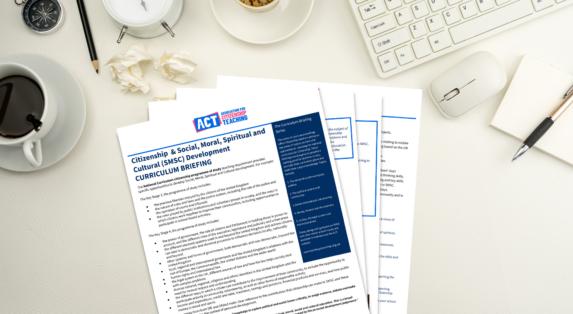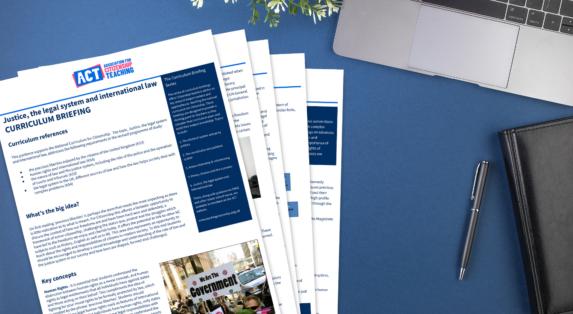Curriculum Briefing: Active Citizenship and Volunteering
Key stage 3 (ages 11-14) • Active Citizenship • Assemblies & fact sheets
Active Citizenship and volunteering
This curriculum briefing on active citizenship offers advice on key areas of subject content and approaches to teaching the national curriculum.
The national curriculum for Citizenship includes teaching active citizenship. The programme of study at key stage 3 requires teaching should develop:
- skills to research and interrogate evidence, debate and evaluate viewpoints, present reasoned arguments and take informed action
Pupils should be taught about:
- the roles played by public institutions and voluntary groups in society and the ways in which citizens work together to improve their communities, including opportunities to participate in school-based activities
The programme of study at key stage 4 requires teaching should build on the key stage 3 programme of study enabling pupils to:
- develop their skills to be able to use a range of research strategies, weigh evidence, make persuasive arguments and substantiate their conclusions
- experience and evaluate different ways that citizens can act together to solve problems and contribute to society
Pupils should be taught about:
- actions citizens can take in democratic and electoral processes to influence decisions locally, nationally and beyond
- different ways in which a citizen can contribute to the improvement of his or her community, to include the opportunity to participate actively in community volunteering, as well as other forms of responsible activity.



